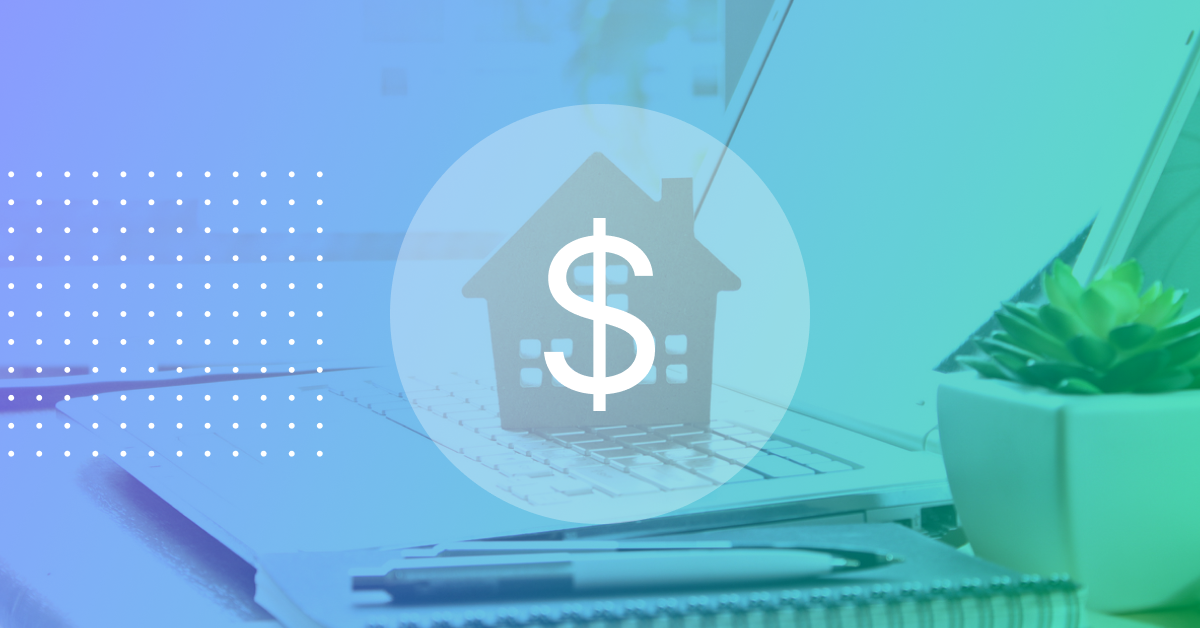Tax matters relating to property development can be quite complicated, which is why it is always advisable to consult with tax practitioners specialising in this field. That said, this does not mean you shouldn’t have some knowledge of the tax implications of property development. And before we can even touch on whether property development costs are tax deductible, we first need to look at some of the other considerations.
Proceeds from Property Development Projects
The proceeds from property development projects may either be taxed as a disposal of trading stock, a profit-making scheme, or using the capital gains tax provisions. For each of these there are several factors the Australian Taxation Office (ATO) considers, and each also produces different tax outcomes. Some of these include whether the venture and activities are like other property development projects, are organised, and whether there is a business plan. There is also an expectation that the landowner has some knowledge and experience as a developer.
Pursuing a property development project like a business venture also positions the developer(s) to access GST benefits. Naturally, this means you would first need to meet the minimum requirements and actually register for GST.
What GST Benefits Are There in Property Development
If you are registered for GST you will be able to claim back GST on the cost of certain property development activities. If you acquire land or property for the purpose of developing a commercial property or new residential premises, you can claim back GST on the purchase if it is acquired as a taxable supply. This only happens if the seller is registered for GST.
Additionally, you can claim GST on construction expenditure if you are developing commercial or residential property as a taxable supply. However, not all costs relating to the construction or development are considered construction expenditure. What you can claim GST on includes:
- Certain initial expenses including architect and engineering fees, excavation expenses relating to the foundation, along with the costs of building permits.
- Expenses relating to important structural features such as lift wells.
- Certain indirect costs, which might include consultant fees and some building materials and contractor costs.
The cost of clearing the land–including any demolition–along with landscaping costs, are not considered construction expenditure. It is important to note too that all GST claims in property development only apply when you are developing a new property or substantially renovating or developing a second-hand property.
Finally, you may also be able to benefit from some GST credits when selling the property.
What Other Tax Deductions Are Allowed
The primary tax deductible for property development is Capital Works deductions, which is essentially the writing off–or depreciation–of certain property construction and improvement costs. This happens over a longer term than normal depreciation–up to 40 years for new developments. However, property developers can only claim these deductions if they hold onto the property and rent it out as an investment. Otherwise, it is the buyer who is able to claim the applicable Capital Works deductions. But the fee for having a depreciation schedule drawn up is 100% deductible for developers, with the schedule itself a valuable tool in helping to attract investors or to sell off-plan developments.
To make tax matters easier, you will need a tax practitioner specialising in property development. To get a head start on your property development projects for this financial year, the Archistar platform can help you find profitable opportunities, generate multiple designs, and create robust feasibility studies and due diligence reports. Contact us today to schedule a demo.

